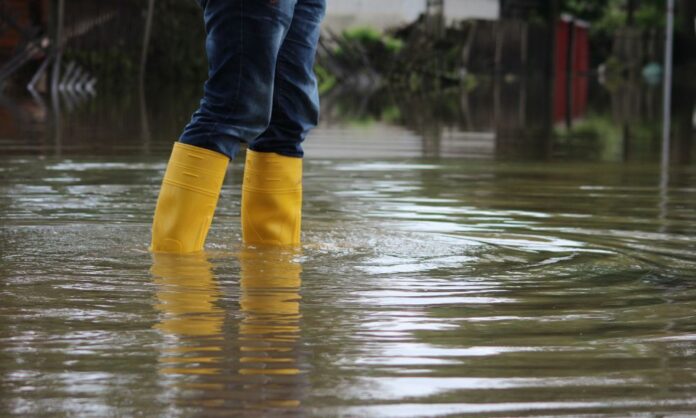Natural disasters can strike any time and wreak havoc on cities and towns. The aftermath can be catastrophic, with many individuals and families left homeless without resources or medical assistance.
With floods come unique risks that can significantly threaten first responders, survivors, and disaster services. This blog post will outline some of the biggest dangers to watch out for during floods and how to stay safe.
Electrocution Hazards
One of the biggest dangers of floodwaters is that they can cause electrical equipment and power lines to malfunction or become submerged. During operations, rescuers should be mindful of electrical hazards and take the necessary precautions to avoid electrocution. Individuals should avoid walking or swimming in flooded areas, especially near downed power lines or submerged electrical equipment.
Contamination Hazards
Floodwater often contains biohazards, such as bacteria, viruses, and chemicals that can pose serious health risks to individuals who are exposed. Floodwater can also mix with sewage, creating a toxic mixture that can cause severe illness. Individuals in disaster areas should avoid contact with floodwater and take measures to thoroughly clean and disinfect themselves and their homes after exposure.
Rapid Water Currents
Floodwater can create powerful currents that can easily sweep away individuals and vehicles. Even shallow waters can be dangerous, as strong currents can develop swiftly and without warning. People should avoid standing water, and only trained rescuers and EMTs should venture into flooded areas. Emergency responders must also have effective water rescue equipment to ensure they can safely and effectively reach victims in fast-moving currents.
Structural Damage
Floodwater can cause significant damage to buildings and infrastructure, weakening structures and creating additional hazards. Individuals in disaster areas should avoid entering buildings that have suffered flood damage and be mindful of potential collapse.
Mental Health Risks
Natural disasters can be traumatic experiences that can have long-term effects on mental health. Survivors and first responders may experience symptoms such as anxiety, post-traumatic stress disorder, and depression. Survivors should seek medical assistance if they experience any mental health concerns after a flood.
Put Yours and Others’ Safety First
Preparing for and avoiding the biggest dangers during a flood is crucial for residents, emergency responders, survivors, and disaster services. Understanding the risks can save lives and prevent further damage. By taking the necessary precautions and staying informed, individuals can better protect themselves and those around them. Remember, safety always comes first.








